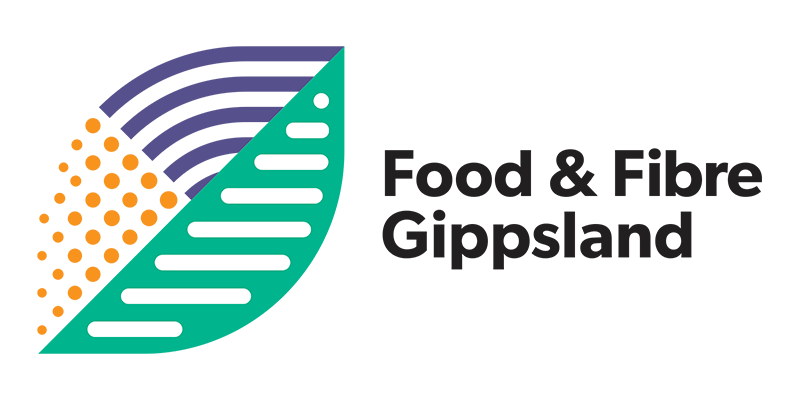Launch: Seaweed aquaculture in Gippsland
Blue Carbon Team.
Assessing the Potential for Seaweed Aquaculture in Gippsland – Promising Study Results and Launch of the Gippsland Seaweed Innovation Network.
Although you may think of it as something smelly on the beach or part of a sushi roll, seaweeds (macroalgae) are one of the most versatile and sustainable bioresources on the planet, with a myriad of uses ranging from nutritious food to bioenergy. Able to sequester carbon at a rate over 30 times greater than terrestrial forests, global seaweed aquaculture has expanded rapidly over recent decades, reaching a US$16.5 billion industry in 2020.
WPB 3.2 Zonaria Angustata.
With global demand for seaweed continuing to increase, it is timely for regions like Gippsland – which has an abundance of coastline, waterways, and many endemic seaweed species – to investigate seaweed market opportunities. AgriFutures Australia has predicted that a seaweed industry in Australia that could generate over $100 million (GVP) by 2030 and create up to 1,200 direct jobs in regional, coastal communities.
The Gippsland Seaweed Aquaculture project is being undertaken by Food & Fibre Gippsland (F&FG) in partnership with the Latrobe Valley Authority (LVA) as part of the Gippsland Smart Specialisation Strategy (GS3). The aim of the project is to firstly assess the viability, and if viability is proven, facilitate the development of a potential seaweed aquaculture industry for the Gippsland region.
As part of this viability assessment, an investigation into endemic Gippsland seaweed species and local environmental conditions has recently been completed by Deakin University.
Promising results obtained highlight that Gippsland shows considerable potential for developing a seaweed aquaculture industry, with multiple potential options for available areas and cultivable species.
Food & Fibre Gippsland CEO Nicola Pero is excited about the possibilities.
“There are multiple opportunities across the entire seaweed value chain – from the creation and maintenance of the seaweed hatcheries to harvesting the fast-growing crops, processing locally into a range of products and then distributing both domestically and internationally.
Elena and Deakin Team at the Paynesville Jetty.
“With our clean, green, and trusted reputation for quality produce, the introduction of a Gippsland seaweed product would take our Gippsland Trusted Provenance brand offering to another level, and potentially profile the region to some lucrative new export markets.”
Marine Scientist, Dr Paul Carnell from Deakin University’s Blue Carbon Lab and senior author of the recent report said “This report puts Gippsland on the front-foot to develop a sustainable and thriving seaweed aquaculture industry. We found in our surveys a diversity of species and locations that could be suitable for seaweed aquaculture in Gippsland and provide a shopping list for industry to choose the right species based on location and the desired end products."
The Project Manager, Elena Nauta, noted “A real strength in this work is the collaboration and contribution of voices and views from industry, local government, community, and research. The next workshop is open to all those interested in working together to maximise these exciting opportunities in the development of seaweed as a new and future market for Gippsland.”
We invite you to join us on this exciting journey as we continue assessing seaweed aquaculture as a sustainable, profitable new industry for the Gippsland region. The first meeting of the Gippsland Seaweed Innovation Network will be held online on Tuesday 4th October to discuss the Deakin Study results and next steps for the project.
To get involved or find out more, contact Elena at elena.nauta@foodandfibregippsland.com.au




